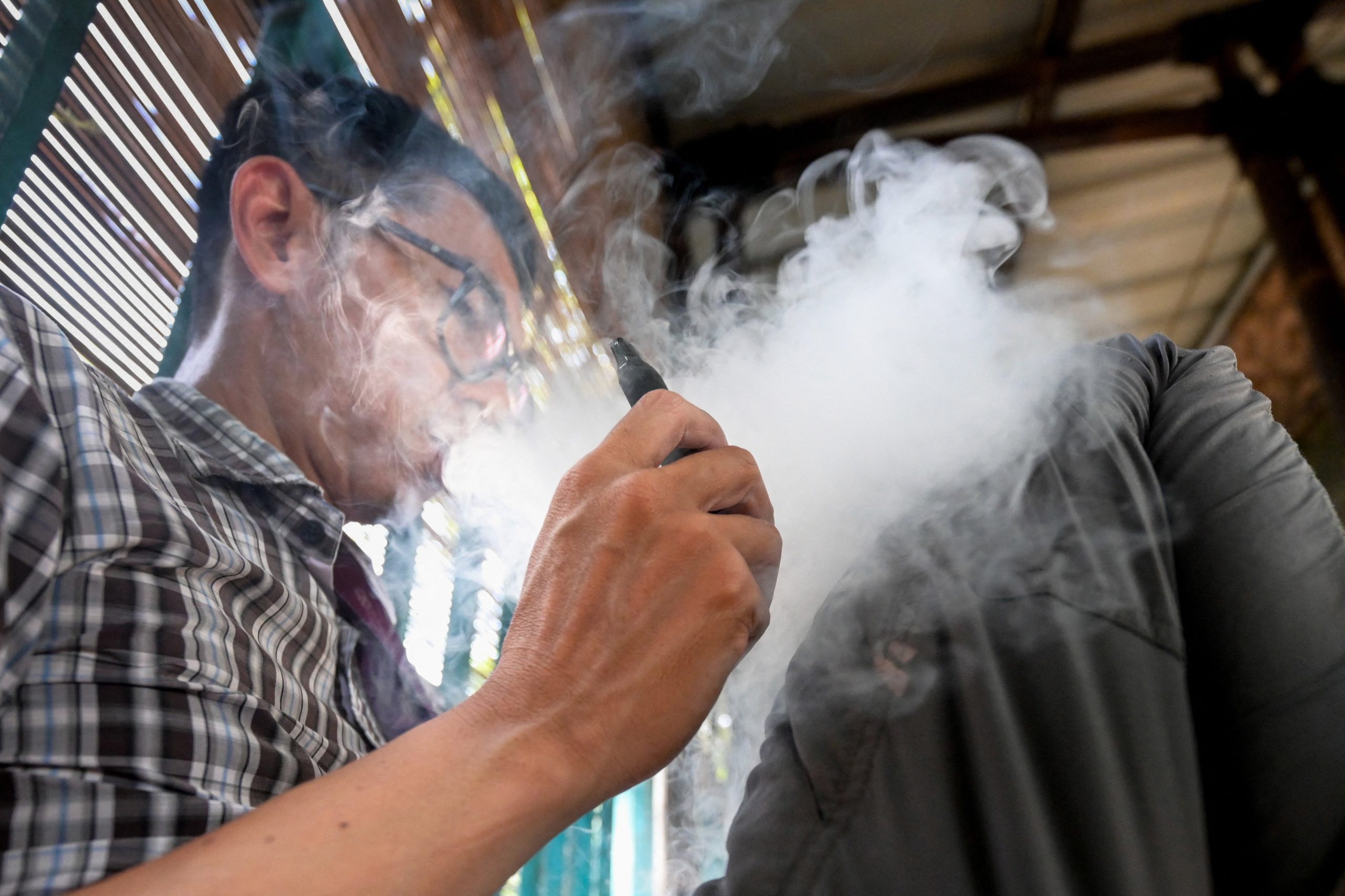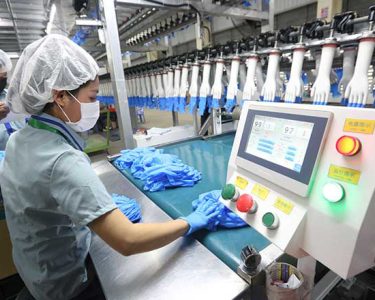Irene Reyes
Cambodia’s recent decision to include e-cigarette manufacturing on its Negative List of Investments is a bold, visionary step that prioritizes public health over profit. With Prime Minister Hun Manet’s sub-decree signed on June 6, Cambodia joins a growing number of ASEAN countries taking decisive action against a product aggressively marketed to youth and falsely promoted as “safer” than conventional tobacco products.
This move sends a clear message: the health and well-being of Cambodians, especially the younger generation, will not be sacrificed for the benefit of tobacco and e-cigarette companies.
The prime minister’s decision is bold because he is probably the first who framed it as a rejection of a harmful investment. Cambodia did not buy into the “bringing investment into the country” persuasion this industry has used elsewhere.
The Southeast Asia Tobacco Control Alliance applauds this policy and urges other countries in the region to follow Cambodia’s example. The aggressive and deceptive marketing of e-cigarettes in Southeast Asia has become a regional epidemic, one that requires coordinated and assertive responses.
Banning the manufacture of these products is a significant line of defense against the growing tide of youth addiction and public health harm.
The Threat of E-Cigarettes in ASEAN
Across Southeast Asia, e-cigarette companies, many backed or owned by Big Tobacco, have targeted young people with flashy designs, candy and fruit flavors, and heavy social media promotion. These tactics are no accident. They are part of a calculated strategy to hook a new generation on nicotine.
The science tells a different story. Evidence from multiple international health authorities including the World Health Organization confirm e-cigarettes are not harmless. They contain addictive nicotine and a cocktail of harmful chemicals including diacetyl, heavy metals, and other substances linked to lung and brain damage, heart disease, and cancer. These risks are particularly severe for adolescents whose brains and bodies are still developing.
Cambodia is not alone in facing this threat. In Indonesia and the Philippines, flavored vape products are flooding the market with little regulatory oversight. Even in countries with stronger restrictions like Singapore and Thailand, enforcement remains an ongoing challenge due to online marketing and cross-border sales.
Cambodia’s ban on manufacturing is therefore more than a domestic policy; it is a regional milestone. It closes the door on companies looking to exploit Southeast Asia’s developing markets for e-cigarette production and distribution. It aligns with the WHO Framework Convention on Tobacco Control (FCTC), which calls on governments to prevent the initiation of tobacco and nicotine use, particularly among youth.
Policy Implementation and Regional Alignment
Importantly, this ban complements the Cambodian government’s other efforts—such as banning e-cigarette sales, restricting promotions, and increasing taxes on tobacco products. These measures, when consistently enforced, can work together to reduce the supply, appeal, and accessibility of tobacco products and electronic smoking devices.
Yet challenges remain.
As Dr Mom Kong of the Cambodia Movement for Health rightly noted, enforcement must be strengthened. Banning investments is only the first step. To protect young people effectively, authorities must crack down on illicit sales, especially online and near schools, and ensure sustained monitoring of the market. Public education campaigns are also essential to counter false narratives that e-cigarettes are “safe” or “less harmful.”
Cambodia’s move also provides an opportunity for regional collaboration. ASEAN countries can share data, align tax policies, restrict cross-border advertising, and close legislative loopholes that the industry exploits. A united regional front can prevent displacement, where manufacturers and marketers simply shift operations to more lenient countries.
A Future-Oriented Public Health Decision
Critics may argue that banning e-cigarette manufacturing is lost investment dollars or limits alternatives for smokers. But, such claims are disingenuous when viewed in light of what the government has to spend treating lung injuries and a host of other ailments.
No investment that profits from addiction and illness can be deemed a true “development” investment. And while some smokers may switch to e-cigarettes with the intention to quit, the industry’s marketing strategies clearly show their main target is not cessation, it is initiation among youth.
Countries that embraced the “harm reduction” narrative and legalized e-cigarettes now face a new crisis: harm substitution. Many smokers who switched to vaping are unable to quit or have become dual users. In Indonesia, Malaysia, and the Philippines, more adolescents are now vaping than smoking.
The National Poison Centre in Malaysia has recorded 111 cases of e-cigarette and nicotine poisoning since 2015. The majority of the cases involve children below five years, and the number of cases is increasing in recent years.
Cambodia is choosing a future where children and young people are free from the grip of nicotine addiction, guided by science and the well-being of its people, not by the interests of profit-driven industries. It is choosing a path where national development begins with protecting the health and lives of every citizen.
Other countries in the region, especially those still debating how to regulate these products, should take note. Allowing e-cigarette manufacturing today opens the floodgates to tomorrow’s public health crisis. Cambodia has shown that it is possible to take a firm stand, grounded in evidence and motivated by the urgent need to safeguard the next generation.
We commend Prime Minister Hun Manet for his leadership and call on ASEAN leaders to take this moment as an opportunity to review and strengthen their own policies. Now is the time to act, before an entire generation falls into addiction and the harm becomes permanent.
Irene Reyes is the Tobacco Industry Denormalization Manager and Mary Assunta is the Senior Policy Advisor at the Southeast Asia Tobacco Control Alliance





